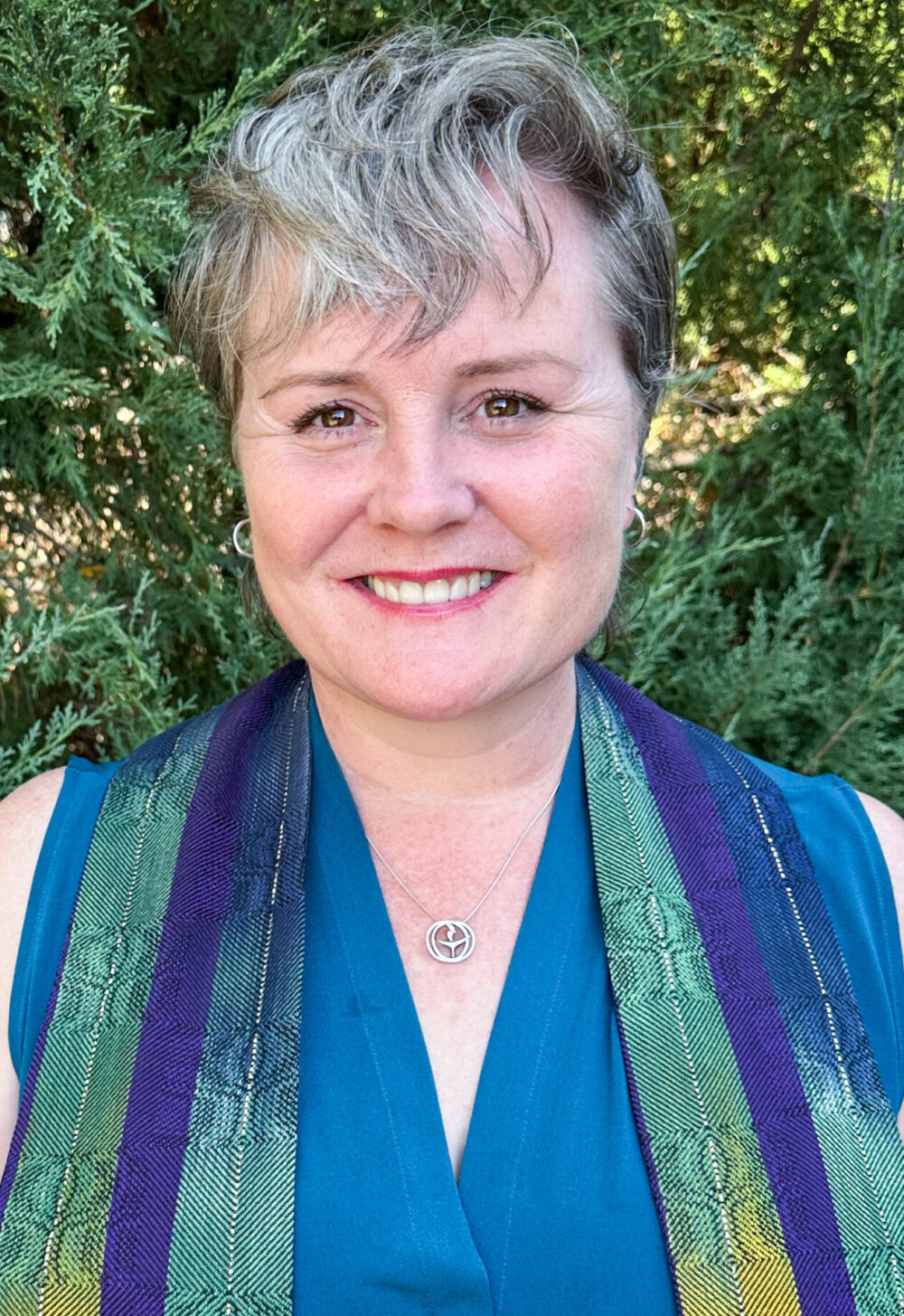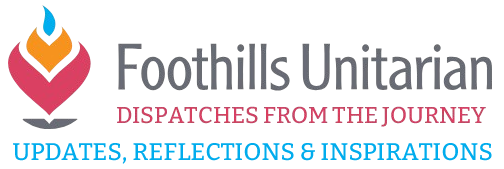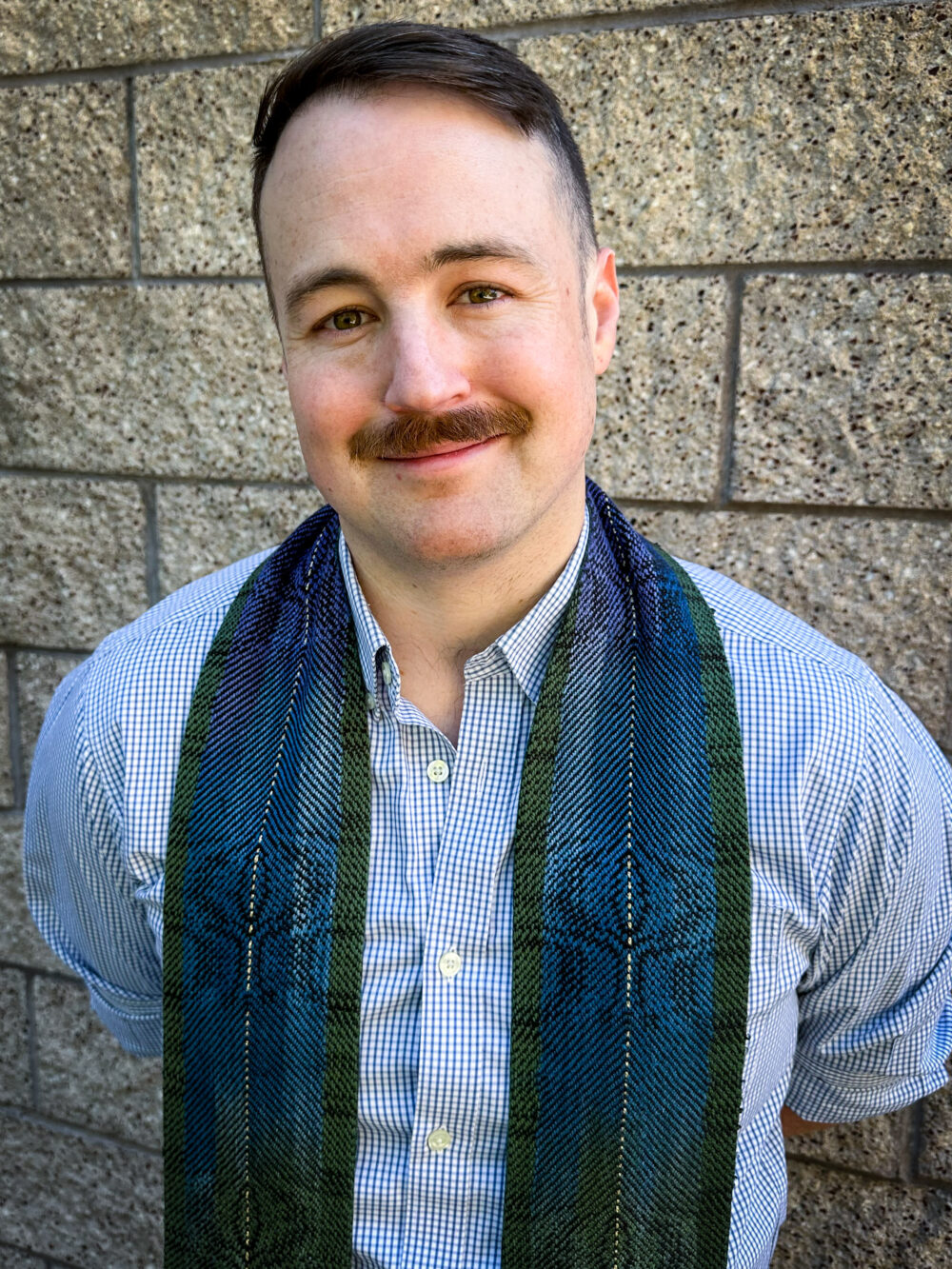This update is a part of a Governance Update being sent by email to all Foothills members.
The Board of Trustees hopes all members are prepared to vote on governance changes at our upcoming annual meeting. Since the Governance Task Force formed about 18 months ago, we have received support and encouragement from members and staff throughout the church through congregational meetings, informational discussions, book discussion groups, and electronic communications conducted over the last twelve months. We hope you have had a chance to participate, provide feedback, and learn about this important work to help align our governance structure with our church size and mission.
We are planning to conduct a trial year using our new governance structure, and will need to slightly amend our bylaws to enable that trial. The key changes we are proposing include:
- Role of the Board – The Board will shed its administrative role and instead concentrate on discerning mission, setting goals, dialogue with the congregation, and oversight. This is something that the Board has been already in many ways practicing over the last 5 years as we have grown in size. This will formalize this role and add clarity, as well as enhanced methods of monitoring and accountability.
- Board Size – The Board will reduce to seven, a more appropriate size for its new role (currently there are 11). The congregation would elect 2-3 Board members annually.
- Delegate Operations – The senior minister, in partnership with the congregation and Board, would manage “operations” as head of staff. This role would hold responsibility for all administration, programming, and shared ministry as well as Sunday services and pastoral care through delegation to paid staff and members/friends of the congregation, aka volunteers. Again this is already in many ways the case; this would formalize and add additional structures for accountability, alignment and monitoring of this work.
- Policy-Based Guidance – The Board will use written policies both to guide and hold accountable all those who help carry out the mission, including the ministers, staff, and volunteers. Overseeing and keeping effective these policies will be a part of the Board’s new role.
- Committee Structure – The Board will have three appointed committees: Finance, Personnel, and Governance. It would have one elected committee, Nominating.
- Nominating Committee – The Nominating Committee will reduce to three elected members (from the current five). Its members will interact with the congregation, ministers, board, and Leadership Development team to identify the coming needs, develop job descriptions, and clarify role requirements, and ultimately nominate a slate of nominees for all elected positions that comply with established policies.
- Leadership Development Team – This team will be a newly formed ministry team charged with building and developing our future leaders through training, coaching, and open and inclusive engagement with the congregation.

Rev. Gretchen Haley has an audacious ambition for the liberal church, believing in its capacity to transform lives and our world by way of hyper-local relationships and partnerships that inspire the unleashing of courageous love. She oversees worship, community resourcing and outreach, and the intersectional work of our justice teams. She also serves as chief of staff, and ministry lead to the Board. In all of these, she is inspired by the commitment of the countless people who show up to do the sometimes-messy work of the church, and who are leading us to live into our mission for Northern Colorado as it is growing and changing. Her ministry is infused with her relentless curiosity about most things, especially the big stuff of theology, the beauty of creation, the magic of collaboration, and the joy of pop culture. She’s all in on adrienne maree brown’s emergent strategy, and finds solace in the trails in and around Fort Collins. She moved to Colorado from Washington state over 20 years ago for grad school in theatre, and knew immediately that she would never leave. She and her amazing partner, Carri, have 2 teenagers, Gracie and Josef, who both relish and resent being PKs, and who keep her grounded, frustrated, inspired, and humbled, everyday. She is basically obsessed with her two dogs, both large mutts, Charlie and Archer.
Responsible for: Worship, Community Resourcing and Outreach, Justice Ministries, and Congregational Leadership


 Last Thursday, a group of about twenty or so, gathered in the evening for a Vespers service on what Christians call Maundy Thursday — or Footwashing Thursday. Church members Lenny Scovel and Karen Robinson reflect below about their experience at the first foot washing at Foothills in recent memory.
Last Thursday, a group of about twenty or so, gathered in the evening for a Vespers service on what Christians call Maundy Thursday — or Footwashing Thursday. Church members Lenny Scovel and Karen Robinson reflect below about their experience at the first foot washing at Foothills in recent memory. This is a story about the power of prayer and sidewalk chalk. For the past six months, I’ve followed a spiritual practice of daily prayer. What I pray to has changed with each of the UU sources we’ve studied in our Wellspring small group. But my format remains roughly the same: name the un-nameable; place myself in relationship to what I name; state the pain, the fear, the need, the worry or whatever I’m wrestling with; express gratitude; and let it go.
This is a story about the power of prayer and sidewalk chalk. For the past six months, I’ve followed a spiritual practice of daily prayer. What I pray to has changed with each of the UU sources we’ve studied in our Wellspring small group. But my format remains roughly the same: name the un-nameable; place myself in relationship to what I name; state the pain, the fear, the need, the worry or whatever I’m wrestling with; express gratitude; and let it go.